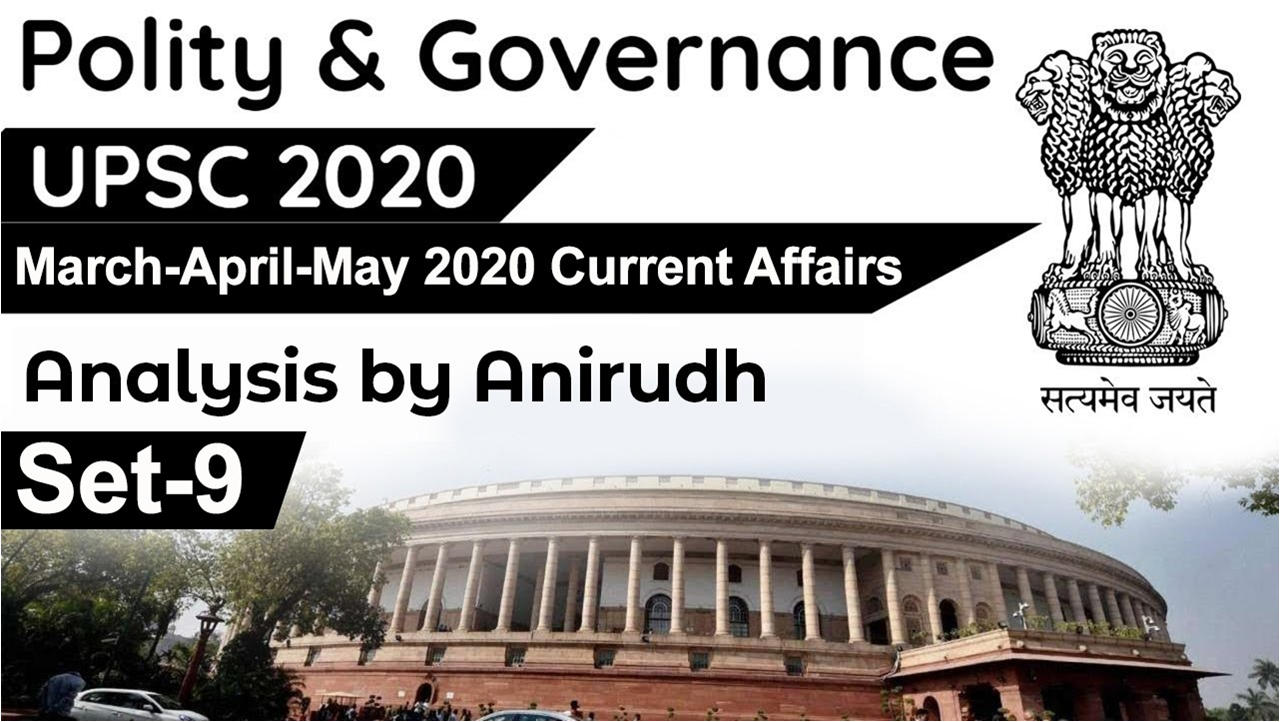Table of Contents
Topics to discuss
- Right to Property
- Reservation in Schedule area
- Domicile rules for Jammu and Kashmir
- Articles in news
Q) Which of the statement is correct regarding the Right to property ?
1) Right to Property is neither a Fundamental nor Constitutional Right
2) By 42nd Constitutional Amendment Act, the Right to Property was removed from the Fundamental Rights
Which of the above statements is/are correct?
- 1 only
- 2 only
- Both 1 and 2
- Neither 1 nor 2
WHY IN NEWS

Right to Property
- Supreme Court has reiterated that forcible dispossession of a person of his private property without due process of law is a human right violation.
- In several cases, the Supreme Court of India has held that the right to property is not just a statutory right but is also a human right.
Human Rights
- Human rights are rights inherent to all human beings, regardless of race, sex, nationality, ethnicity, language, religion, or any other status.
- Human rights include the right to life and liberty, freedom from slavery and torture, freedom of opinion and expression, the right to work and education, and many more.
- Everyone is entitled to these rights, without discrimination.
- The Universal Declaration of Human Rights (UDHR) is a milestone document in the history of human rights.

- Does Universal declaration of Human Rights recognise Right to Property ?
- Universal Declaration of Human Rights 1948 under Section 17(i) and (ii) also recognizes right to property as the human right. It states that Everyone has the right to own property alone as well as in association with others,
- No-one shall be arbitrarily deprived of his property.
Right to Property in India
- The Constitution originally provided for the Right to Property as a fundamental right (F.R.) under Articles 19 and 31.
- To narrow its scope, it was modified several times by the constitutional amendments namely 1st, 4th, 17th, 25th and 42nd Constitutional Amendment Acts.

- However, it was continued to be seen as a roadblock in socio-economic development of the country.
- Finally, 44th Constitutional Amendment Act repealed the entire Article 31 and Article 19(1)(f) & inserted Article 300A.
Q) Which of the statement is correct regarding the reservation in schedule areas?
1) Reservation in schedule areas are provided under the fourth schedule.
2) Scheduled Area in a State is notified by order of the President.
Which of the above statements is/are correct?
- 1 only
- 2 only
- Both 1 and 2
- Neither 1 nor 2
WHY IN NEWS

Reservation in schedule area
- Supreme Court’s five-judge Constitution bench held that providing 100 per cent reservation for Scheduled Tribes in scheduled areas of a State is not permissible.
Background
- The erstwhile State of Andhra Pradesh issued an order in 2000 providing 100% reservation to the Scheduled Tribe candidates, out of whom 33% shall be women, for the post of teachers in schools located in the Scheduled Areas of the State.
- Earlier, in 1986 Governor of Andhra Pradesh, in exercise of power under 5th Schedule, also directed the posts of teachers in educational institutions in the scheduled tribe areas of the State to be reserved for Scheduled Tribes.
Current Judgement
- SC held that 100% reservation is discriminatory and impermissible as it violated Articles 14, 15 and 16 (Right to equality) of the Constitution.
- A 100% reservation to the Scheduled Tribes also deprives General category, Scheduled Castes and Other Backward Classes also of their due representation.
- The court referred to the Indira Sawhney judgment, which caps reservation at 50%.
- It also said that the power of Governor to make ‘modifications and exceptions’ to any parliamentary law under Fifth Schedule of the constitution does not entitle him to substitute the law or make a new law altogether
Fifth Schedule
- The Fifth Schedule under Article 244 of the Constitution contains provisions regarding administration of Scheduled Areas other than in Northeast India.
- At present, Scheduled Areas have been declared in the States of Andhra Pradesh (including Telangana), Chhattisgarh, Gujarat, Himachal Pradesh, Jharkhand, Madhya Pradesh, Maharashtra, Odisha and Rajasthan.
- Scheduled Area in a State is notified by order of the President, after consultation with the Governor of that State.
- Governor submits a report, annually or whenever President requires, regarding administration of such areas.
- Each state having ‘Scheduled Areas’ must have a Tribal Advisory Council consisting of 20 members.
- Three-fourths of the members have to be representatives of scheduled tribes in State Legislative Assembly.
- The Governor is empowered to direct that any particular law of parliament and state assembly is either not applicable or can be applied with certain ‘modifications and exceptions’ to scheduled areas
WHY IN NEWS

Jammu and Kashmir domicile rules
- Centre has defined domicile rules by exercise of powers conferred by J&K Reorganization Act, 2019
- Earlier, the power to define domicile rested with the legislative assembly of the Jammu & Kashmir.
Domicile: Under the new rule
- Anyone who has resided for a period of 15 years in the UT of J&K or has studied for a period of 7 years and appeared in Class 10th /12th examination.
- Children of Government officials who have served in J&K for a total period of 10 years or children of such residents of J&K who reside outside J&K but their parents should fulfil any of the conditions provided.
- The order provides protection to domiciles to “any post” in the government including senior level positions in Group A and Group B category and Group D category.
- Earlier, all jobs in the erstwhile state of J&K were exclusively reserved for permanent residents of the State.
Constitutional provision in news

Best Current Affairs | Free PDF Download






















 WhatsApp
WhatsApp